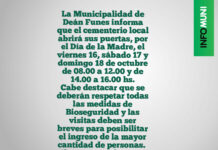Smart technologies have become the preferred choice of city governments for traffic management. These solutions are saving billions in infrastructure costs while improving safety and reliability for citizens.
Smart technologies reduce congestion using the latest Internet of Things(IoT) to optimize traffic flow, and improve safety. These systems integrate hardware, software, and cloud technology in order to dynamically change traffic lights, on-ramp meters for freeways, bus rapid transit lanes and highway message boards.
Intelligent traffic signals can adjust the lengths of green and yellow signals in real time to maximize efficiency, and protect pedestrians and bicycles from collisions. They can also alert drivers of pedestrians and other road users, allow emergency vehicles priority access and support lane changes in an intersection. data rooms providers for international companies
These systems can react quickly to changes in traffic patterns. They can reduce waiting times at intersections as well as fuel consumption and vehicle emissions. These sensors, cellular technologies and other components can be integrated in existing or new infrastructure.
Adaptive Traffic Control can also improve the air quality by reducing engine emission and energy consumption due to idling while keeping cars moving. This is achieved by using a combination of data from cameras, sensor networks and cellular technology to dynamically adjust traffic lights, entry alarms and express bus lanes.
Network connectivity is crucial to ensure that this information reaches its destination. It must offer high bandwidth and ultra-low latency as well as 100% reliability to handle the large amount of data needed by traffic management solutions.





















